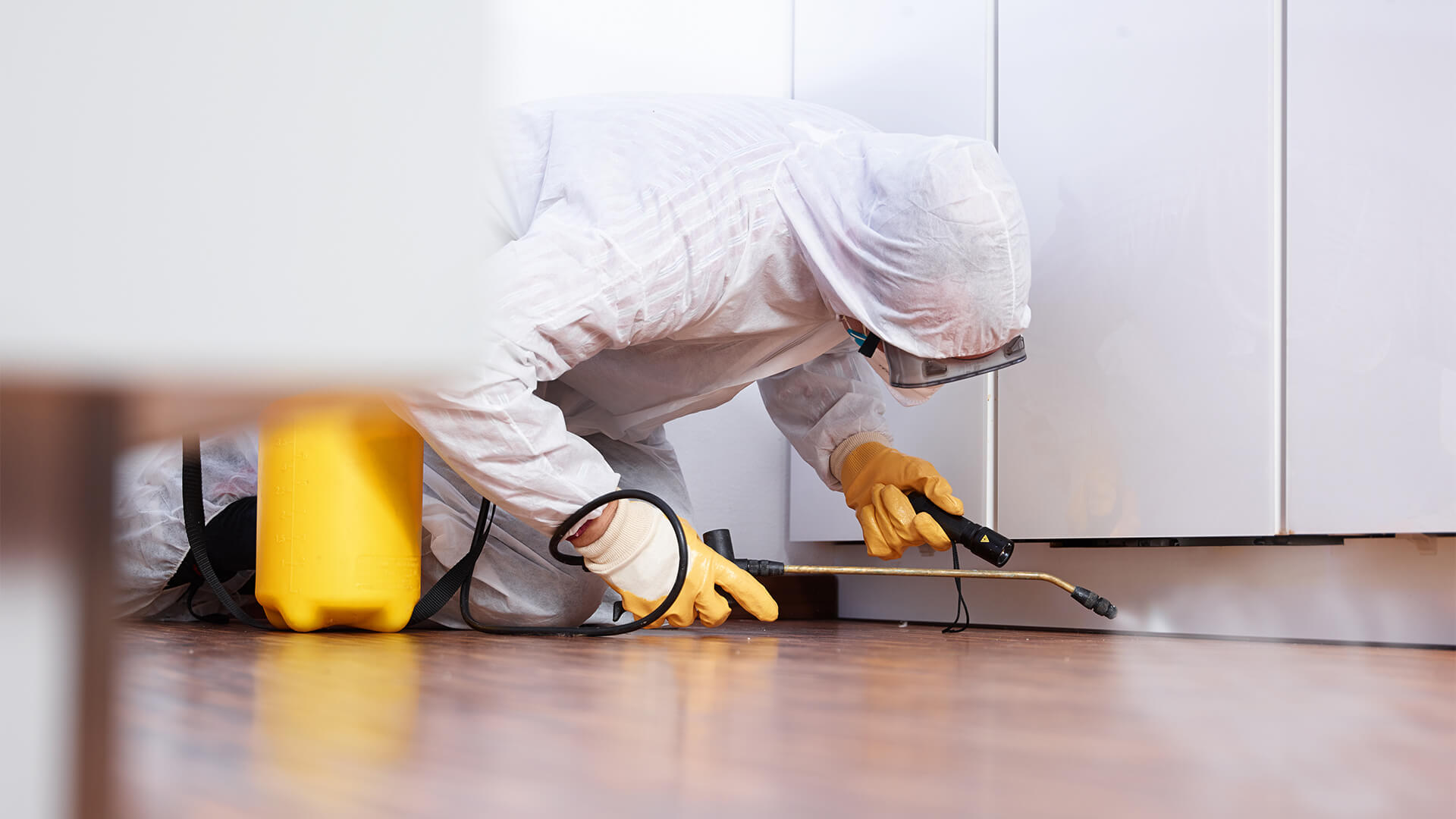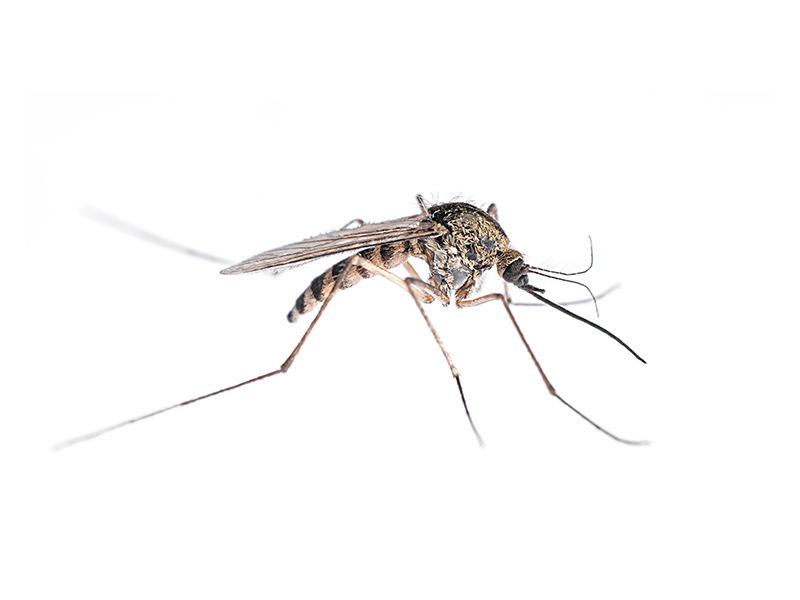Discovering Ingenious Strategies and Products for Efficient Pest Control
The landscape of bug control is evolving, noted by the emergence of ingenious methods and items created to boost effectiveness and sustainability. From clever catches outfitted with innovative surveillance systems to biological techniques that employ all-natural killers, these improvements offer a paradigm change in how we come close to pest administration.
Smart Traps and Keeping Track Of Solutions
Exactly how can contemporary innovation enhance parasite administration? One considerable improvement is the development of wise catches and checking systems, which give real-time data and analytics for efficient insect control. These systems utilize sensing units and cordless modern technology to identify parasite activity, informing building managers and parasite control experts to infestations before they intensify.
Smart traps are outfitted with functions such as bait terminals that attract insects and record them effectively. These catches can be kept track of remotely, enabling timely treatments and minimizing the demand for substantial chemical applications. Additionally, the assimilation of artificial intelligence algorithms enables these systems to set apart between target parasites and non-target varieties, improving the accuracy of pest control steps.
Furthermore, the information collected from smart traps can be assessed to recognize patterns in insect actions and ecological elements adding to problems (Pest Control in Port Charlotte). This info is vital for developing targeted insect monitoring methods customized to details environments. By embracing smart traps and keeping track of systems, insect control experts can improve their operational performance and decrease the ecological impact of pest monitoring, eventually bring about much safer and a lot more lasting methods in the industry
Biological Bug Control Techniques
Utilizing all-natural killers and bloodsuckers, organic bug control approaches offer an eco-friendly option to chemical treatments. This method entails the intro or improvement of particular organisms that can normally regulate parasite populations, therefore decreasing reliance on synthetic pesticides. Common instances include the use of ladybugs to manage aphid problems and parasitical wasps to target caterpillars.

Biological control can be classified into 3 major strategies: classical, augmentative, and conservation. Classic biological control includes importing natural enemies from the bug's indigenous habitat, while augmentative control entails boosting the populace of existing natural enemies through releases. Preservation methods concentrate on creating conditions that support these advantageous microorganisms in the environment.
The efficiency of biological insect control depends upon comprehending the intricate communications within environments. It typically requires a comprehensive analysis of parasite dynamics and the life process of both the pests and their natural enemies. While organic techniques may not supply immediate outcomes like chemical options, they add to lasting insect monitoring and environment health. As understanding of ecological issues expands, biological insect control approaches are increasingly recognized for their sustainable function in incorporated insect administration click resources programs.
Eco-Friendly Chemical Alternatives
Eco-friendly chemical alternatives supply a viable service for parasite administration that minimizes ecological effect while successfully controlling insect populaces. These choices are derived from all-natural resources and are thoroughly formulated to target details insects without harming valuable microorganisms, making them an essential component of lasting parasite control techniques.
Among one of the most reliable environmentally friendly choices are plant-based pesticides, such as neem oil and pyrethrin, which are originated from the seeds and blossoms of numerous plants. These compounds disrupt the life cycles of pests, decreasing their populaces without the poisonous effects related to conventional chemicals - Pest Control in Port Charlotte. Additionally, vital oils like pepper mint and clove oil show repellent properties, further boosting their energy in insect management

In addition, green chemical choices frequently break down faster in the atmosphere, decreasing the threat of soil and water contamination. This particular aligns with the address boosting consumer demand for lasting methods in agriculture and city pest control. As research remains to breakthrough, the advancement of innovative green formulas will certainly further improve efficiency and expand application areas, enabling pest management specialists to adopt greener, a lot more liable approaches in their practices while guarding human health and the atmosphere.
Scent Disturbance Strategies
An additional cutting-edge technique in lasting insect administration is making use of pheromone interruption methods. These approaches manipulate the natural chemical signals, or scents, that pests use for communication, specifically in breeding habits. By interrupting these signals, pest populaces can be properly handled without turning to hazardous chemicals.
Scent catches are commonly used in this approach. Over time, this can lead to a substantial decline in pest populaces.

Integrated Insect Monitoring Techniques
Efficient pest control often calls for a detailed approach, and Integrated Bug Administration (IPM) techniques offer a framework for achieving this objective. IPM integrates numerous management practices to decrease bug populaces while reducing dependence on chemical pesticides. This complex method starts with comprehensive tracking and identification of bugs, permitting targeted interventions based on certain parasite stress.
Cultural practices, such as plant rotation and sanitation, play a vital duty in avoiding bug facility. Biological controls, including all-natural killers and parasitoids, are employed to preserve bug populations at workable levels. When essential, careful chemical therapies are used, emphasizing lower toxicity to non-target varieties and the environment.
In addition, education and outreach are essential parts of IPM, promoting recognition among stakeholders concerning sustainable practices and pest life process. The versatility of IPM allows experts to respond successfully to transforming parasite dynamics and ecological discover this info here problems. By using this all natural strategy, IPM not just boosts parasite control efficiency yet also contributes to long-term ecological balance. Ultimately, Integrated Pest Administration stands for a forward-thinking service that lines up agricultural performance with ecological stewardship, making it vital in modern insect control approaches.

Verdict
In final thought, the combination of innovative strategies and items for efficient pest control represents a significant advancement in sustainable insect management. Smart catches and keeping track of systems, organic parasite control approaches, green chemical options, and scent interruption strategies collectively improve the effectiveness of pest administration approaches.